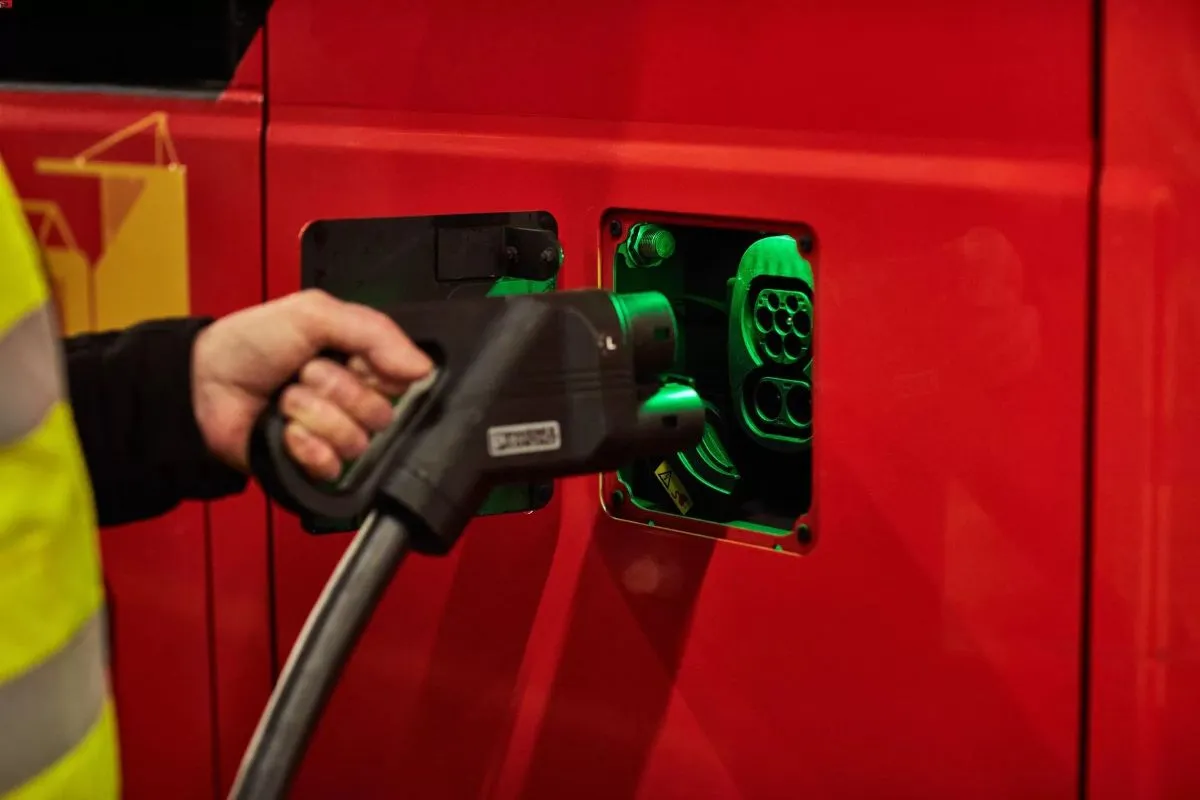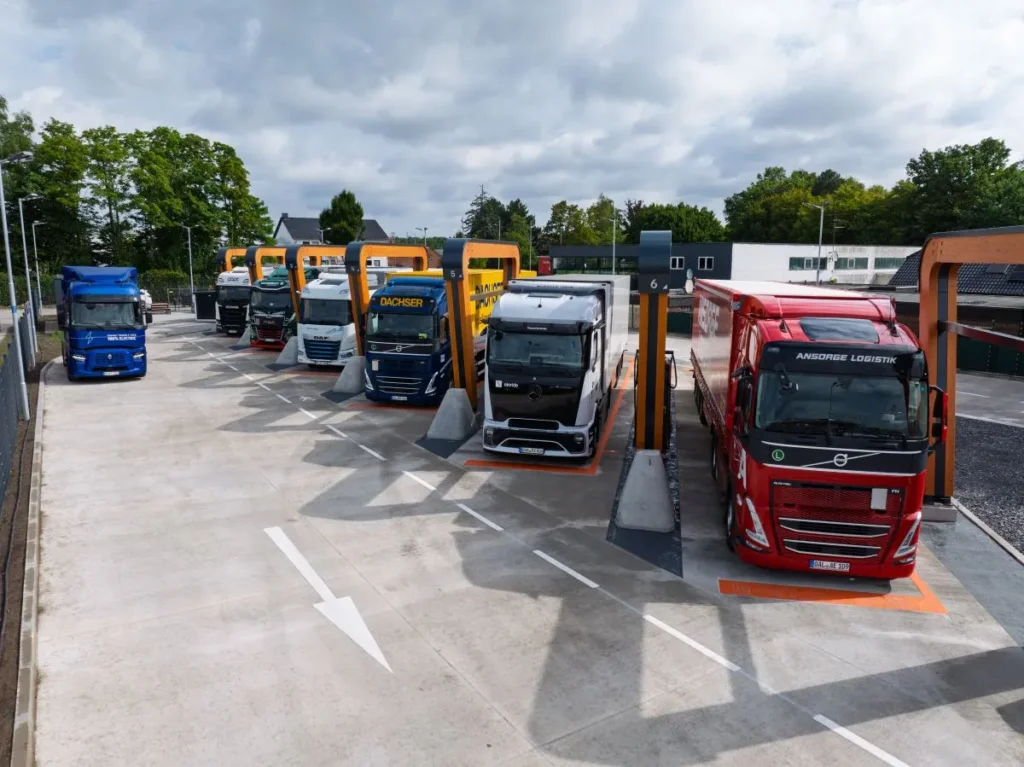The UK-headquartered company, which already supports over 3,400 electric fleet vehicles at 120 depots worldwide, says the new facility—raised from a syndicate of local and international banks—will help finance up to 1,000 additional electric trucks, buses, and charging points across the EU/EEA.
Zenobē’s model includes not only vehicle financing but also the design, construction, and operation of depot charging systems, backed by energy management and optimisation software. The aim is to reduce the total cost of ownership of electric fleets and eliminate the so-called “green premium” that many operators associate with decarbonisation.
“We not only offer financial backing but also provide the expert guidance necessary to empower fleet operators to switch to electric,” said Steven Meersman, Zenobē’s Founder Director. “This new facility will help us to make the cleaner option even more financially competitive – reducing any perceived green premiums and in some cases even achieving green discounts.”
In case you missed it: Need EV chargers at your depot? Don’t miss this £1 million EV charging grant
The multi-currency facility (EUR, DKK, NOK and SEK) is designed to support projects across multiple jurisdictions in the EU/EEA, reflecting Zenobē’s growing European footprint. The company currently has operational teams on the ground in Germany, Belgium, the Netherlands, Spain and Sweden, where it is actively engaging with transport and logistics providers.
While many of Zenobē’s early projects focused on public transport electrification in the UK and Spain, the company has signalled growing interest in commercial vehicle fleets. One of its earlier European freight projects involved battery energy storage installation at a Belgian construction site, where surplus solar energy was used to charge electric tractors and forklifts overnight—a model that could translate well into depot environments across the freight sector.
Zenobē’s financing was arranged with a syndicate of seven banks, including MUFG, CIBC, ABN AMRO, National Australia Bank, Siemens, Credit Agricole CIB, and newcomer BayernLB. Santander and Société Générale acted as joint financial advisors.
With European regulations tightening around CO₂ emissions and urban access for diesel vehicles, electrification is becoming increasingly relevant for freight operators. Zenobē’s latest move positions the company as a growing player in the EV trucks-as-a-service sector, offering a full-suite approach that combines vehicles, infrastructure, and software in one package.









